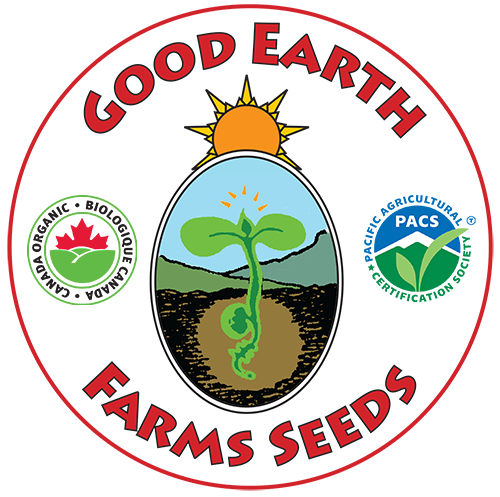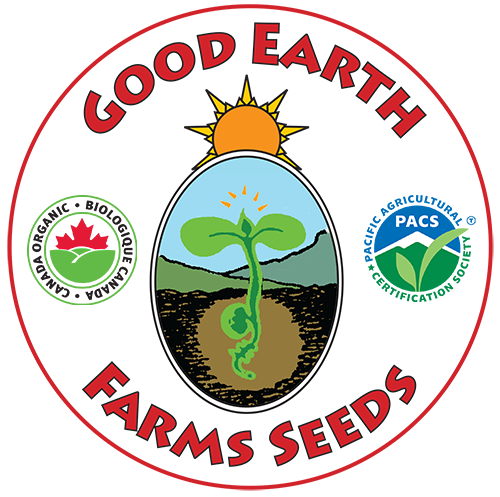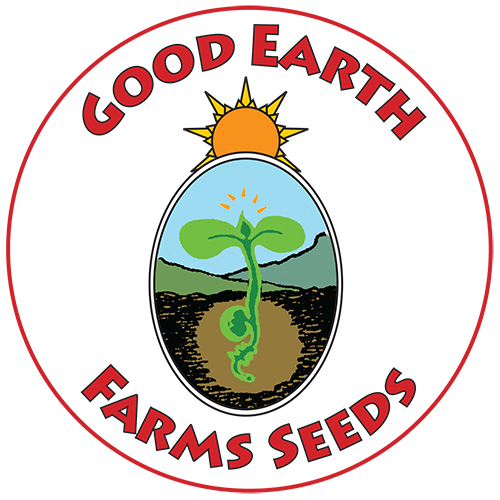
In an era where global warming poses a formidable threat to both farming and humanity, the urgency to adopt sustainable practices has never been more pressing. Each year, we witness weather extremes that challenge traditional farming methods. At our farm in the Comox Valley, we recognize the significance of this global issue and are committed to making a difference, starting right from our fields.
The Local Food Movement and Reducing Carbon Emissions:
Our approach goes beyond just cultivating crops; it’s about seeding a movement towards local food production and drastically reducing our carbon footprint. We’ve adopted several strategies to ensure our farming practices are environmentally friendly and sustainable:
- Supporting Youth Climate Initiatives: We believe in giving back to the community and supporting future generations in their environmental endeavors. That’s why all proceeds from our Banana Nano peas are proudly donated to the Comox Valley Youth Climate Council.
- Eco-Friendly Deliveries: We’ve embraced technology to reduce emissions. All our products sold at the Comox Valley Farmers Market are delivered via e-bicycle, combining efficiency with environmental responsibility.
- Electric Vehicles for Farm Business: From deliveries to day-to-day farm business, we exclusively use electric vehicles, significantly cutting down our reliance on fossil fuels.
- Embracing Manual Labor and Electric Tools: In our commitment to minimize emissions, all fieldwork is done manually. We’ve also switched to an electric lawn mower for maintenance tasks, ensuring our operations are as green as possible.
- Energy-Efficient Farmhouse Upgrades: Our old farmhouse has undergone several updates for improved energy efficiency. This includes installing a heat pump and insulating walls and ceilings to reduce energy consumption.
- Tree Planting Initiative: Each year, we plant more trees around the farm, contributing to carbon sequestration and enhancing biodiversity.
- Land Stewardship: Only half of our land is used for farming, with the rest devoted to trees. This approach not only preserves natural habitats but also helps in balancing our carbon emissions.
- Reducing Plastic Usage: We are taking significant steps to cut down our use of one-way plastics, understanding the importance of reducing plastic pollution in agriculture.
Ongoing Challenges and Commitments:
Despite our efforts, challenges remain. Our biggest hurdle is generating sufficient on-farm and local fertility and mulch. We are continuously exploring and supporting research in sustainable farming innovations. Open to new ideas and dialogue, we are far from perfect but are committed to making progressive strides towards a more sustainable future.
Conclusion:
Our journey in sustainable farming is a testament to our dedication to reducing our carbon footprint and combating global warming. We believe that every small step counts and are committed to evolving our practices for a greener, more sustainable world. Join us in this movement; together, we can make a difference for our planet and future generations.



